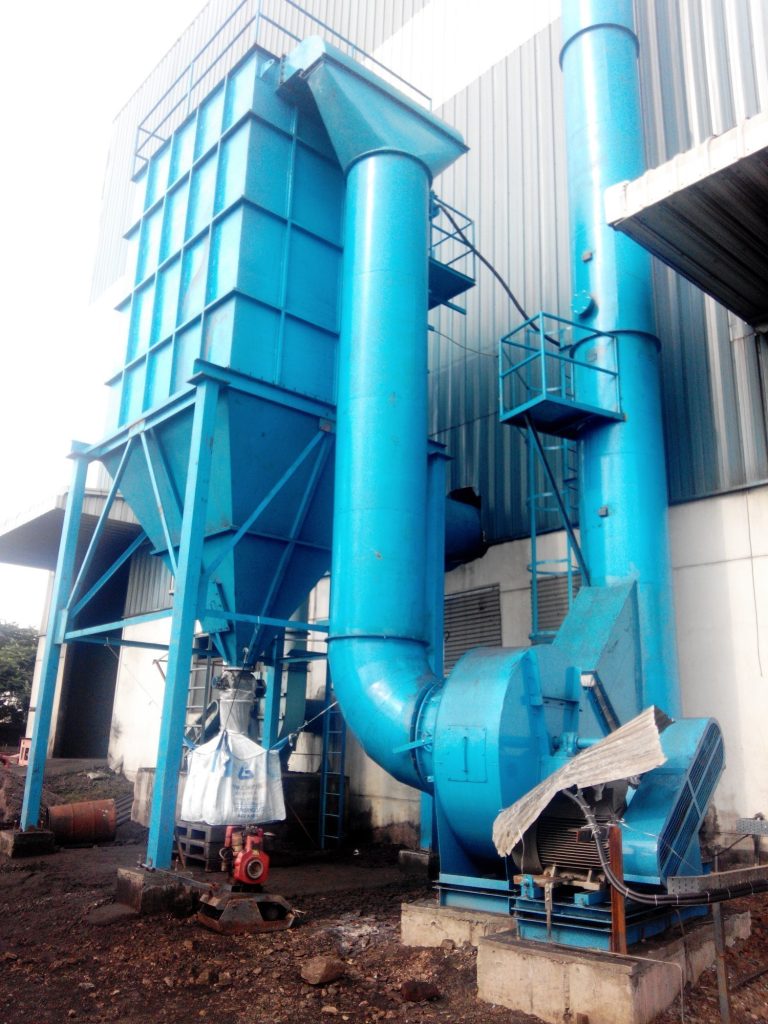Essential Benefits of Installing Dust Collectors for Healthier Work Environments
In various industries, particularly those involving manufacturing, woodworking, and metalworking, dust generation is an inevitable part of the process. Fine particles from these processes can pose significant health risks to workers and can also negatively impact equipment and product quality. Installing dust collectors is a crucial measure to create healthier work environments. Here are some essential benefits of integrating dust collection systems into your facility.
Improved Air Quality
One of the most significant advantages of dust collectors is their ability to enhance indoor air quality. By capturing and filtering harmful dust particles, these systems reduce airborne contaminants that can lead to respiratory issues, allergies, and other health problems. Workers exposed to clean air are likely to experience fewer health-related absences, leading to a more productive workforce.

Compliance with Health Regulations
Many industries are subject to stringent health and safety regulations regarding air quality and worker exposure to hazardous substances. Installing dust collectors helps organizations comply with these regulations, avoiding potential fines and legal issues. Moreover, being proactive about air quality demonstrates a commitment to employee well-being, which can enhance the company’s reputation and visit this site www.tysum.com.
Increased Worker Comfort and Productivity
Dust accumulation can create a stressful work environment, affecting worker morale and productivity. Clean air not only enhances comfort but also reduces fatigue and distractions caused by poor air quality. When employees feel safe and comfortable, they are more likely to focus on their tasks, leading to increased efficiency and output.
Equipment Longevity and Maintenance
Dust can be abrasive and detrimental to machinery and equipment. By removing dust particles from the air, dust collectors help prolong the life of equipment, reducing wear and tear and minimizing maintenance costs. This can lead to significant savings in the long run, as companies will not have to replace machinery as frequently due to dust-related damage.
Enhanced Product Quality
In industries like food processing, pharmaceuticals, and electronics, dust contamination can compromise product quality. Dust collectors play a vital role in ensuring that products are manufactured in a clean environment, free from contaminants that could lead to defects or spoilage. This attention to cleanliness can enhance product reliability and customer satisfaction.
Fire and Explosion Prevention
Certain types of dust, especially organic dusts like wood or grain, can be highly combustible. Dust accumulation in workspaces can pose fire hazards, and the risk of explosion increases in enclosed environments. Dust collectors mitigate this risk by maintaining lower dust levels, helping to create a safer work environment for employees.
Versatility and Scalability
Modern dust collection systems come in various designs and sizes, making them suitable for a wide range of industries and applications. Whether for small workshops or large manufacturing plants, dust collectors can be tailored to meet specific needs. Additionally, as businesses grow, these systems can be scaled up or modified to accommodate increased production without compromising air quality and how does osha enforce its standards.
The installation of dust collectors in the workplace is not just a regulatory requirement it is a vital investment in the health and safety of employees, the longevity of equipment, and the overall quality of products. By improving air quality, ensuring compliance, enhancing worker comfort, and preventing fire hazards, dust collection systems create a healthier work environment that benefits everyone involved.